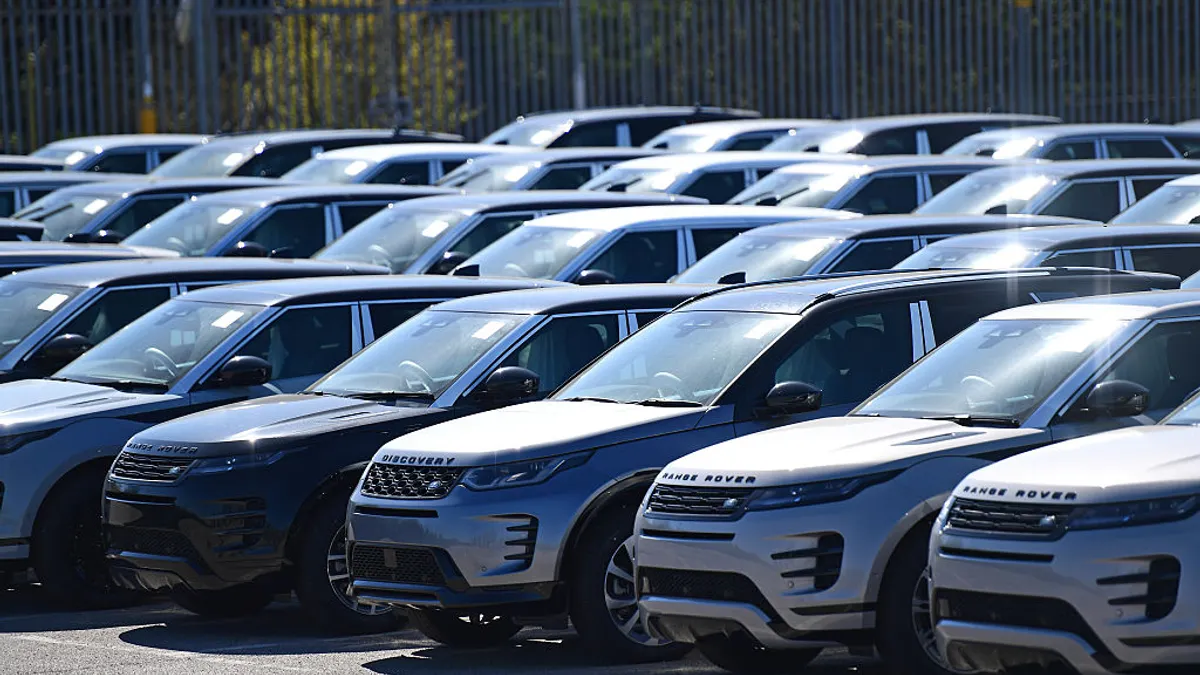Editor's note: This story is part of the WardsAuto digital archive, which may include content that was first published in print, or in different web layouts.
Korean automakers may move assembly operations to other countries if the Korean Metal Workers Union wins a lawsuit against Kia alleging it owes union members billions of won in back pay.
The lawsuit, which originated in 2011, claims Kia did not include bonuses and other payments in calculating workers’ base pay. Because of that, the union contends, payment for overtime, holiday pay and severance for retired workers was greatly understated, and the company must make good on the unpaid amounts.
In a statement issued Aug. 10, the Korea Automobile Manufacturers Assn. says: “If the prospects of increased personnel costs from (paying) standard wages become a reality, we have no choice but to contemplate moving manufacturing bases overseas.
“We ask the court, which is ready to make a ruling on the calculation of standard wages, to comprehensively consider the real truth about wages, and the crisis faced by the automakers and the entire automotive industry.”
Kia estimates if the Seoul Central District Court rules it must include bonuses in setting base pay amounts and orders it to make retroactive payments for overtime, holiday pay, separation allowances and other compensation where the new base rate would apply, it could cost the automaker an immediate 3 trillion won ($2.8 billion).
That amount of back-pay liability would exceed Kia’s 2016 net profit of 2.8 trillion won ($2.4 billion).
“Redefining regular wages would place an undue and unfair burden on the companies and reward workers with huge amounts of unearned income,” the KAMA statement says. “It poses continuing problems for the Korean legal system regarding judicial applications that must be based on justice and equality.”
The trade group says it hopes for a “wise decision” by the court “so that the nation’s automotive industry can overcome the current crisis it faces and continue to create and maintain jobs.”
The court was supposed to issue its ruling Aug. 17 but said it wants to consider more opinions from both Kia and the KMWU before announcing a ruling. It will set a date for that ruling on Aug. 17.
Analysts note a ruling against Kia could be damaging to all of Kia’s suppliers and to more than 100 companies facing similar base-pay recalculation lawsuits. Those companies include Kia’s affiliate, Hyundai, which is awaiting a ruling on back wages by the Supreme Court of Korea.
The Hyundai branch of the KMWU filed a similar lawsuit against that automaker in 2012, following the Kia union’s action.
The Hyundai lawsuit appeared to have been settled in the union’s favor in January 2015. The Seoul Central District Court ruled then the company was liable for compensating only two workers whose past overtime payments had been based on a wage rate that did not include bonuses.
However, the ruling did uphold the right of workers to receive compensation when overtime and other pay had been calculated on a base wage that did not include regularly paid bonuses. Hyundai’s union appealed the ruling and currently it is before the Supreme Court.
Even if the Kia and Hyundai unions win their separate lawsuits, a legal principle in Korea could keep the courts from ordering reimbursement to workers, some legal analysts note.
The principle can be applied in cases where retroactive payment of recalculated wages could impose severe difficulty upon a company’s management and its operations. Precedent for applying this principle was established when the Supreme Court ruled against GM Korea in a similar back-pay lawsuit.
The court ruled in October 2015 GM Korea must recalculate wages to include bonus payments. However, it excused the automaker from compensating workers for the wage shortfall on the basis of the company’s dire financial condition. GM Korea at the time had reported a 986 billion won ($860 million) net loss.
GM Korea until then had been gravely concerned over the lawsuit. In 2012, when it could have realized a profit, the company set aside 746 billion won ($697 million) as a pending liability payment in the event the union won its back-pay lawsuit.
Besides the court case Kia, like Hyundai, is engaged in typically contentious wage negotiations with its union.
The KMWU’s Kia branch had set Aug. 21 as the date for announcing a strike plan to enforce its wage demands. However, that date was predicated on the Seoul Central District Court’s ruling in the back-pay lawsuit expected Aug. 17 but which has been deferred.
Whether the union will proceed with strike action is unknown. Union workers at Hyundai held their first partial strike Aug. 10 and are scheduled to strike again Aug. 14.
A Hyundai union committee will meet Aug. 16 to announce additional strike action plans.




















